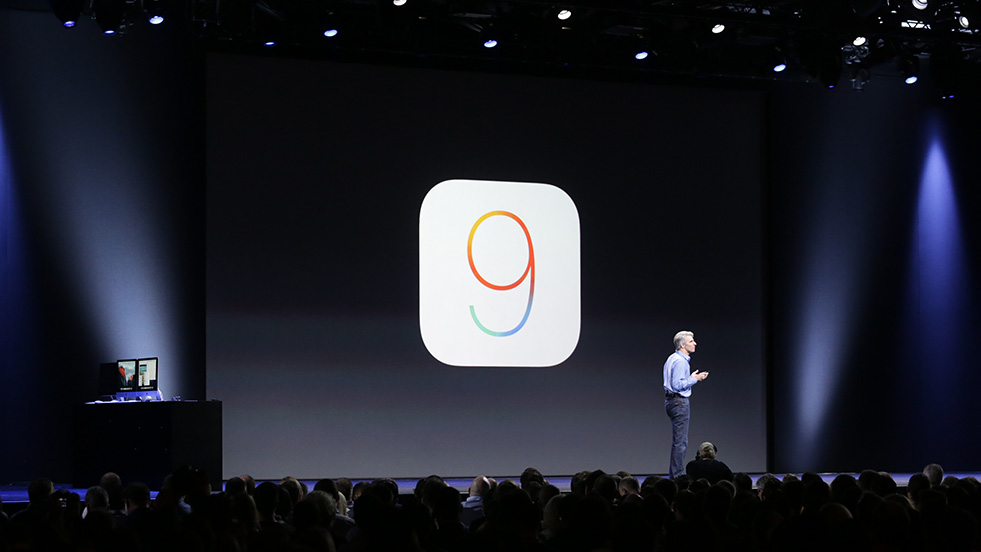 NEWS
NEWS
 NEWS
NEWS
 NEWS
NEWS
Developers are uncovering a number of iOS 9 features Apple did not unveil at its Worldwide Developers Conference on Monday. One such iOS 9 feature is the addition of content blocking extensions for Safari. While there are a number of content blocking extensions available for Safari on Mac, Apple has never allowed them for iOS. (via 9to5Mac)
The simple result – and benefit as many will see it – is that users will be able to download an app from the App Store to block ads in Safari when they browse websites on their iPhone or iPad.
The pre-release document in Apple’s iOS Developers library reads as follows:
The new Safari release brings Content Blocking Safari Extensions to iOS. Content Blocking gives your extensions a fast and efficient way to block cookies, images, resources, pop-ups, and other content.
This change is likely to impact Google and other advertisers significantly, as Safari on iOS is by far the most popular mobile browser used to access the web in the U.S.
Reports surfaced earlier this year that advertisers like Microsoft, Google and Amazon had paid Adblock Plus to ‘whitelist’ their ads, suggesting that adblocking services do very real damage to online advertisers whether they like to admit it or not.
Ad blockers are already prevalent; a 2014 report found that adblock usage grew by nearly 70 percent between June 2013 and June 2014, with 144 million people choosing to block ads worldwide.
And it is not just on the desktop where users have the ability to block ads; Adblock Plus recently launched its own mobile browser for Android that natively blocks advertisements.
If, following the release of iOS 9, Apple users choose to block ads on their mobile devices; this could do some very real damage to mobile ad revenues, slated to hit 35.5 billion dollars in 2015.
Adding adblocking functionality to iOS, “will absolutely accelerate the adoption of ad-blocking,” predicted Jason Kint, CEO of digital publishing trade group Digital Content Next.
Support our mission to keep content open and free by engaging with theCUBE community. Join theCUBE’s Alumni Trust Network, where technology leaders connect, share intelligence and create opportunities.
Founded by tech visionaries John Furrier and Dave Vellante, SiliconANGLE Media has built a dynamic ecosystem of industry-leading digital media brands that reach 15+ million elite tech professionals. Our new proprietary theCUBE AI Video Cloud is breaking ground in audience interaction, leveraging theCUBEai.com neural network to help technology companies make data-driven decisions and stay at the forefront of industry conversations.